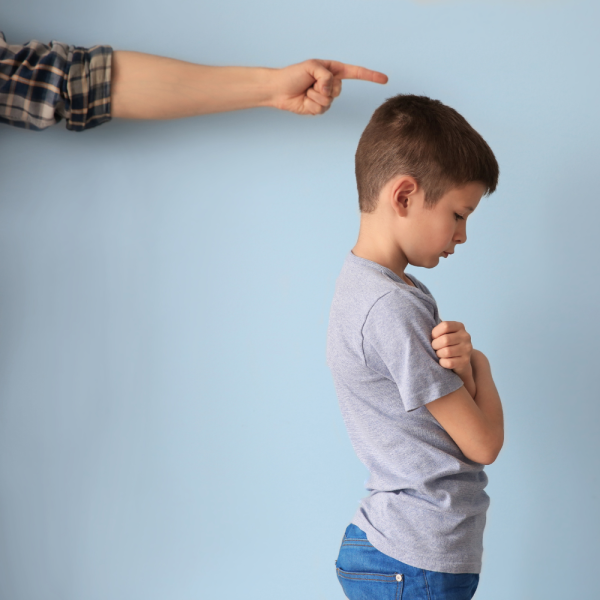The Ugly Truth of Social Media
Being a teenager has always been a chaotic and awkward time with many trying to figure out who they are as a person and constantly experimenting to try and unravel that mystery. Nonetheless, today’s social media and technology has only exacerbated this problem for the youth of the world.
A survey conducted by the Royal Society for Public Health showed that use of different social media sites increased feelings of anxiety and depression as well as loneliness and poor body image issues.
Writer for Youth First, Megan Lottes, reported research that showed that a heavy consumption of social media is linked to depression, anxiety, and low self-esteem. These kids are put into an already tumultuous time and are put under even more pressure from unrealistic standards set by social media profiles.
The nature of social media acting as a showcase of each person’s best-looking moment or proudest achievements can create a standard that is unattainable. Kids look on Instagram to see photos that have been posed and photoshopped, so they start to think they have to look that way putting an unreasonable amount of stress on themselves.
Another draw back of social media’s dominance is the lack of face-to-face communication. Writer for Child Mind Institute, Rachel Ehmke, shares this opinion writing, “Many of them will grow up to be adults who are anxious about our species’ primary means of communication—talking.” This fear of talking to others can prevent their ability to navigate the more complex social interactions later in life such as a business meeting.
The ever-present aspect of social media gives kids the feeling that they are never truly separated from others. Donna Wick, a clinical and developmental psychologist, comments on this saying, “Whatever we think of the ‘relationships’ maintained and in some cases initiated on social media, kids never get a break from them.” This constant connection to others can be exhausting for kids to have to deal with each day.
These negative aspects from phones starts early with kids getting access to their first phone at a remarkable young age. The website Pyscom reported that an average kid gets their first cell phone at the age of 10 years old and that almost 40 percent of kids have at least one social media account by age 11.
A strong argument that is often used for supporting kids use of social media is that it gives kids the ability to express themselves and an easy ability to communicate with others. Kids have the option to use the platform to stay in touch with friends over breaks from school or even find new friends on the platform; however, the drawbacks of increased anxiety and depression that stems from the use of the app strongly outweighs the easy link to friends and freedom of expression given.
Social media has taken over the minds of the youth making them more anxious and depressed as well as robbing them of their social skills. The use of social media needs to be reduced or eliminated in the younger generations around the world. This can be done through teaching the parents of young children about the dangers and risks associated with social media as well as setting more strict guidelines to make sure anyone using a social media account is the correct age
References
Ehmke, R. How using social media affects teenagers. Child Mind Institute. https://childmind.org/article/how-using-social-media-affects-teenagers/
Lottes, M. (2018, November 5). Social media affects young minds. Youth First. https://youthfirstinc.org/social-media-affects-young-minds/





